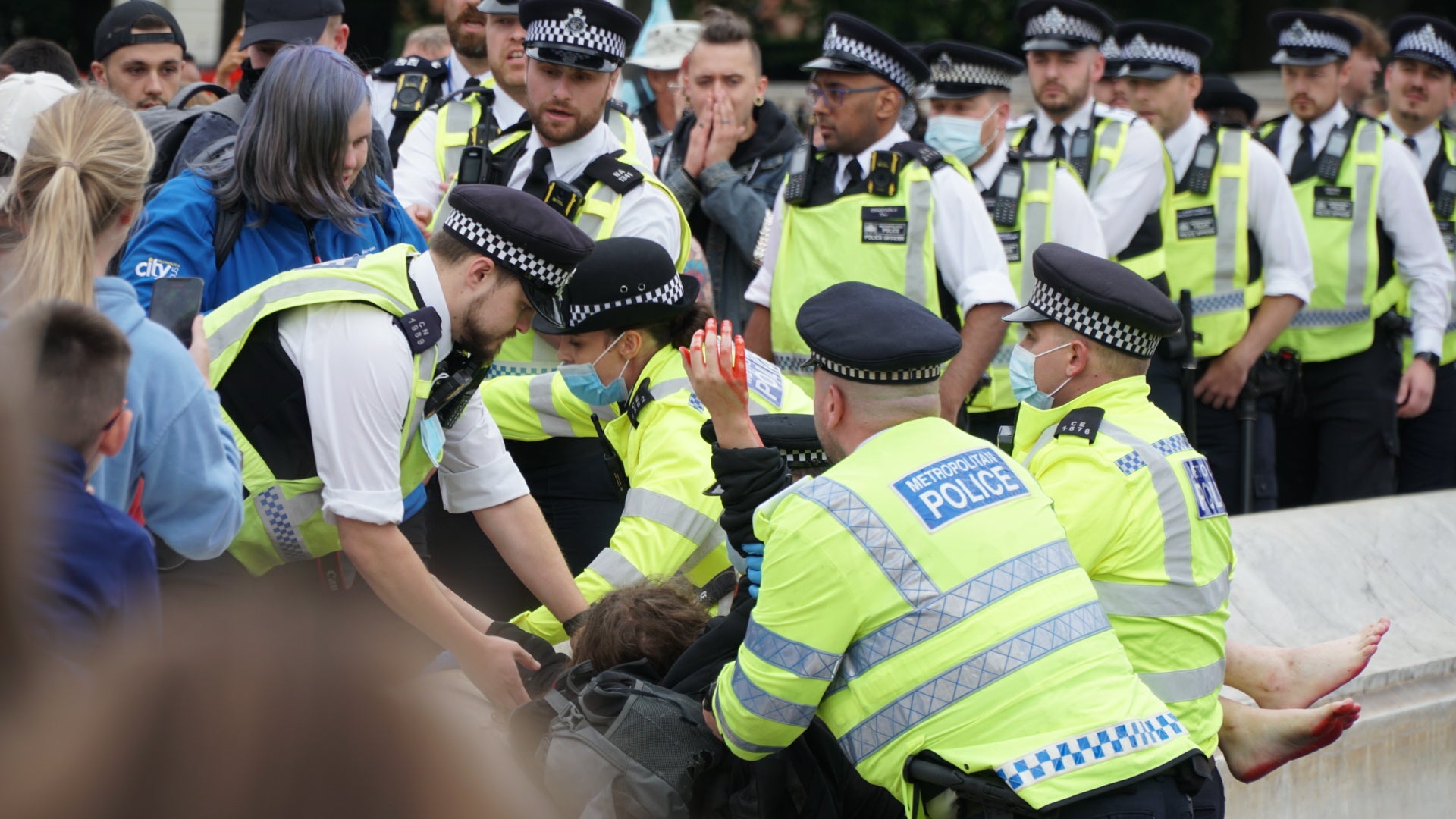Prevention is better than cure: Policing in Britain needs to undergo a complete cultural shift
We need to recognise that traumatic childhood experiences and poverty are among the factors driving people towards crime – and address those issues, writes Festus Akinbusoye


There’s a familiar saying that “prevention is better than cure”. It’s usually applied to healthcare, but it’s just as relevant to policing. Ask a victim of crime if they would rather have a first-rate police response or simply not be a victim in the first place and you’ll receive the same answer. A rapid and effective police response may help with an investigation, but it won’t take away the long-lasting trauma, personal cost and impact on loved ones.
That is why I’m calling for a fundamental change within policing that better balances the vital need for enforcement with proactive crime prevention. And it is proven to work.
In 2019, the Association of Police and Crime Commissioners and the National Police Chiefs’ Council commissioned a study into the effectiveness of local crime prevention schemes. It found that “problem-orientated policing”, which uses analysis to form tailored responses to crime, led to a 43 per cent reduction in assaults, neighbourhood watch projects produced a 26 per cent fall in anti-social behaviour and burglary, while cognitive behavioural therapy (CBT) resulted in a 25 per cent decrease in offending among those already in the criminal justice system.
Educational courses about violence in relationships, social skills training programmes for children and mentoring also helped to significantly slash crime rates.
But crime prevention takes time. Unlike police enforcement work where raids and arrests can instantly remove criminals from the streets, the results may not be immediate and are harder to quantify. This may explain why policing has traditionally been geared towards responding to crimes rather than preventing them. It’s time to change that.
While we must continue to target organised crime gangs, rapists and other violent offenders, we need to address that traumatic childhood experiences and poverty can drive people towards crime, and end the cycle of victimisation. It will require a cultural shift in policing.
Fortunately, we have a platform to build on, with effective crime prevention already taking place in 18 Violence Reduction Units (VRUs). Set up in 2019, VRUs bring together partners across policing, the criminal justice system, local government, education, health and communities to support a “public health” approach to tackling serious violence and its root causes in the worst affected towns and cities in England and Wales.
In Bedfordshire, the police force area I was elected to represent, the VRU has already helped prevent dozens of vulnerable young people from being drawn into crime, so the next step should be for the government to provide funding to establish VRUs in parts of the country that don’t yet have them.
Police and crime commissioners also want to apply the learning gained from VRUs to other types of offending – and we can use our commissioning powers and budgets to do so.
The basic mission of the police, according to Sir Robert Peel, the founder of British policing, is to “prevent crime and disorder”, not simply to respond to crime and catch criminals. It was one of nine principles for law enforcement set out by Peel when, as home secretary, he established the Metropolitan Police.
Of course, as a 24-hour service, the police will always be there to deal with emergencies, mental health crises and violent incidents. But what Peel wrote about crime prevention almost 200 years ago remains as relevant to policing now as it was then.
Festus Akinbusoye is Bedfordshire police and crime commissioner and the lead on prevention for the Association of Police and Crime Commissioners



Join our commenting forum
Join thought-provoking conversations, follow other Independent readers and see their replies
Comments